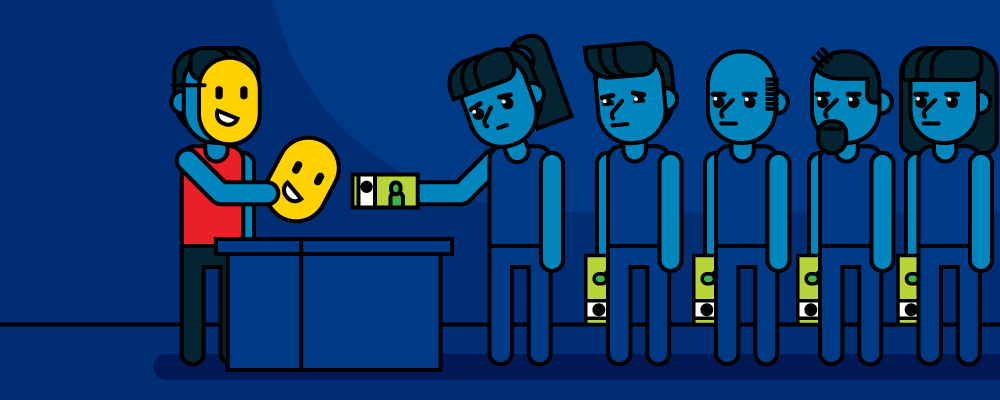Many communities continue to live traditional lifestyles detached from money-based markets. Yet contrary to popular belief, they lead fulfilling lives and their mental well-being is comparable to individuals living in money-fueled societies. This prompts the age-old question of whether money truly buys happiness.
In recent decades, people with more money have been shown to be happier. Financial insecurity, on the other hand, is associated with stress-related health problems such as heart disease and high blood pressure.
However, skeptics argue that money is not the key to happiness because one can never have enough of it. The more wealth someone has accrued, the more they seek out monetary gain. This occurs because the more money one has, the less effective it is at bringing comfort and pleasure. Research argues that once people have their basic human needs met, the increase in happiness associated with each dollar diminishes.
There are three main reasons for this phenomenon. Firstly, once people are financially secure, they overestimate the value of excess funds—humans are adaptable, and swiftly adjust to new wealth and everything it affords. Therefore, the satisfaction from higher earnings quickly fades.
Secondly, studies have shown that increased economic standing leads to stress that arises from lifestyle changes that include moving to the suburbs, where longer commute times to and from work induce anxiety.
Finally, money-fixated societies encourage people to compare themselves to their peers, rendering happiness fleeting; in such instances relative happiness matters more than absolute happiness.
Another challenge to the notion that money can buy happiness is that high happiness levels have been observed in less economically developed nations. A recent study conducted by a group of McGill researchers found that high levels of well-being can be achieved in minimally monetized societies.
“In a minimally monetized society, people don’t need money to fulfill their basic needs,” Eric Galbraith, a professor in McGill’s Department of Earth and Planetary Sciences, wrote in an email to The McGill Tribune. “Instead they can grow or forage their own food and build most of their own houses and tools.”
The researchers compared the subjective well-being levels in the Solomon Islands, a remote island chain in the western Pacific, and that of low-income communities in Bangladesh to high income societies in the West. They conducted a survey measuring emotional well-being, affect balance, and momentary affect. Emotional well-being refers to the mood generated from a particular experience, while affect balance measures the difference between positive and negative emotions.
To determine affect balance, researchers interviewed participants about the emotions they had experienced the previous day. Data on momentary affect was studied by telephoning participants at random times to assess their emotional state.
The team found high subjective well-being within minimally monetized societies.
“We were surprised to find that people in the least monetized society reported being just as happy as people in the wealthiest countries, and reported being much happier than people in monetized societies with low incomes,” Galbraith wrote.
Solomon Islanders reported sources of happiness such as nature and relaxation, while Bangladeshis emphasized the importance of social and material factors.
“The answers we got from the less monetized societies were more about experience, more about certain activities, and they were less about social ties and economic outcomes,” Christopher Barrington-Leigh, an associate professor in McGill Department of Economics, said in an interview with the Tribune.
Overall, the study challenges the perception that personal financial growth inevitably leads to increased life satisfaction.
“Our results show that, although people with high incomes are (on average) happier, it’s not the income itself that matters,” Galbraith wrote. “Rather, it’s probably a combination of factors like the freedom to make choices, social recognition, and living within a functioning society that matters.”








